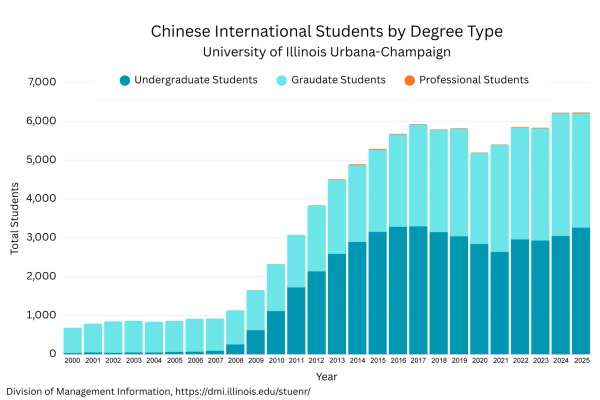Keeping Facebook out of academia

Sep 22, 2015
I deactivated my Facebook this summer.
It began as an effort at achieving some level of privacy in the so-called post-privacy age but turned into a fascinating and self-revealing experiment. Whenever I was bored, instead of sitting at my computer, I noticed myself socializing more with friends in person, visiting relatives, reading interesting books and going outside more often.
I found that many of the inconveniences of social media, like the lack of guaranteed privacy, the availability of distractions and the general waste of time had vanished.
Despite my contentment and increased productivity, I was surprised to discover that my disconnection from social media was repeatedly met with common remarks:
“Aww, why?”
Get The Daily Illini in your inbox!
“What are you going to do for group projects?”
“Oh I could never do that, because I use Facebook too much to ask classmates about homework.”
Millennials have been bantered with warnings from elders complaining about how pervasive social media is for years, but for me it was these questions in particular that highlighted that Facebook is inescapable even in academia.
Though social media provides quick contact with other students, with the general lack of privacy and availability of University sponsored online domains, there is no need for using social media for academia.
Lukas LaHood, junior in Engineering says, “Not having Facebook has affected school a little bit. For group projects, people (say) ‘let’s communicate by Facebook’, but then I say I don’t have it and then we resort to email.”
The University provides each student with an Illinois.edu account equipped with email and chat features. The directory for looking up any student’s email information is available publicly, so it is easy to get in contact with anyone at the University after a quick online search. Even with this convenience, some students still prioritize Facebook as the primary tool for reaching other students.
George Mastorakos, a senior in LAS, says “I have used Facebook at school for group project meetings … Never have I used Facebook in the professional world.”
Companies use email domains and work-related online resources as a means of protecting company information. What many students fail to realize is that when you post something online, it’s no longer yours.
A recent study about Facebook in academia was published in the International Journal for the Scholarship of Teaching and Learning. Though the study focused mainly on problems with professors using Facebook for academic purposes, the researchers found that issues with privacy in social networks was a common concern among students.
A great advantage to online sites like Compass, Moodle and the Illinois.edu domain is that they’re secure. Facebook can be hacked and recent changes in Facebook’s privacy policy now allow any user to find your profile regardless of your privacy settings. Thus, the Family Educational Rights and Privacy Act that protects your information on University sponsored domains cannot effectively protect the information you post on social media.
A class of mine recently decided to utilize Facebook’s group feature as a primary means of communication between students. Although everyone in the class has access to the course Moodle page with a forum and the same communicative features, Facebook was still chosen as the main source for coordinating group projects and discussing coursework. Thus, I found myself begrudgingly reactivating my account in order to collaborate with the other students.
The University provides us with a lot of communicative resources. Instead of using Facebook for an unintended purpose, why not use the resources provided to students by the institution we attend?
After my Facebook-less summer, I found that choosing not to partake in online social media is rather uncommon for a member of the age group often nicknamed the “Net Generation.” With 88 percent of millennials owning a Facebook account, Zuckerburg’s company dominates as the most ubiquitously used social network among college aged students.
We have come to an age where social media is so pervasive, the default standard is set at having an online profile. Thus, even in the face of its disadvantages with privacy, the few and far between individuals who remain off of social media are sometimes faulted for not buying into it — even in academia.
Stephanie is a senior in LAS.
[email protected]





